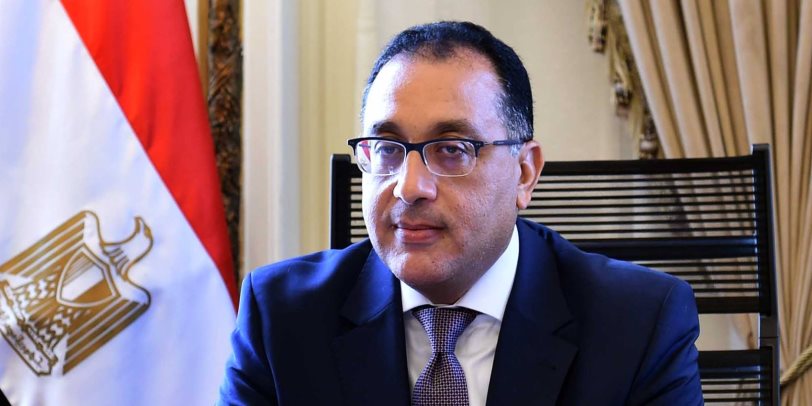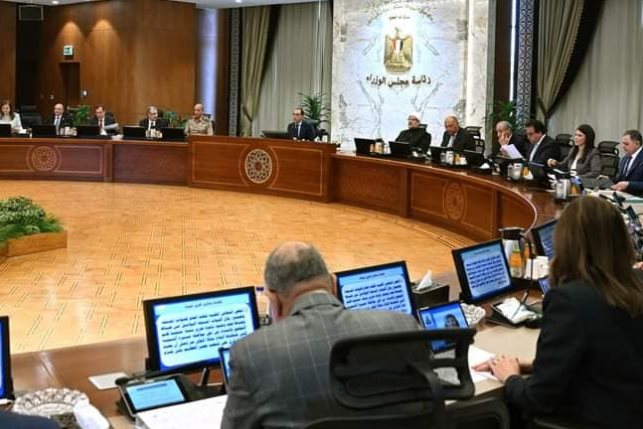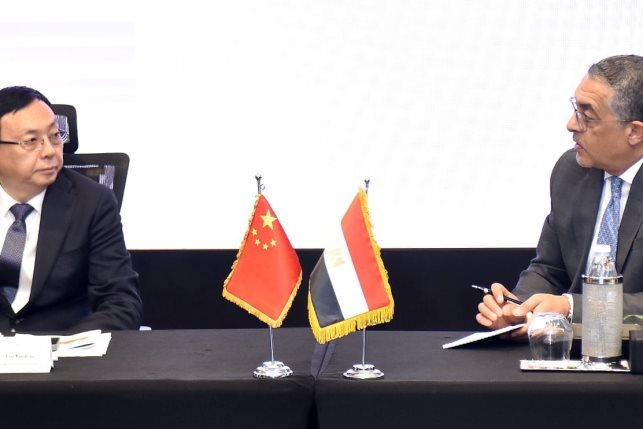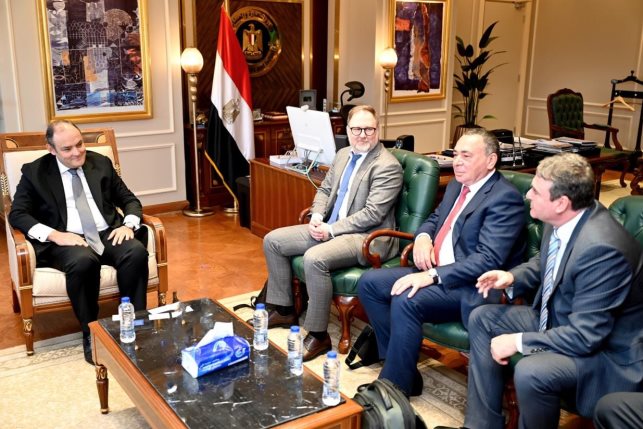Egypt prioritizes combating inflation over exchange rates, devaluation not an indicator of economic health | PM
Egypt has passed five economic crises that can bring any country down and achieved economic growth of 9% during the first half of 2021/2022, the PM stated

Egypt prioritizes curbing inflation over exchange rates, stated Egypt’s Prime Minister Mostafa Madbouly in his speech during today’s Egypt Economic Conference, adding that the Egyptian pounds’ devaluation does not indicate that the economy is in a bad state.
Madbouly stated that the exchange rate is not an indicator of the strength of the economy; the problem is not the exchange rate, but combating inflation, he stressed. The PM went on to clarify that some countries resort to weakening their currency due to the weakness of their currency to strengthen the economy, increase exports, and boost investments.
Since the start of Russia/Ukraine conflict in February, the EGP has fallen over 20% against the USD. Today, the exchange rate reached EGP 19.6 across almost all banks in Egypt, up from around EGP 15.77 in early March.
The conference is the fourth of its kind in Egypt, with the previous conference held in 2015 at the start of economic reforms, Madbouly explained.
The outcomes of the conference will represent the pillars of the country’s reform path, explained President El-Sisi in his speech at the conference.
During his speech, Madbouly reviewed various economic challenges and indicators over the past decade, urging the conference to “agree on a clear roadmap for the most important economic sectors”.
Egypt has passed five economic crises that can bring any country down and achieved economic growth of 9% during the first half of 2021/2022, the PM stated.
Madbouly highlighted the global slowdown in growth due to the Russia/Ukraine conflict, as well as its impact on inflation, capital outflow, and rising global debt.
Since the conflict’s start, Egypt’s capital outflow recorded $20-25 billion, revealed the PM. Madbouly said that Egypt has experienced such outflows before, pointing to the loss of $477 billion in 2011 and 2013, including $20.3 billion in foreign reserves.
Egypt’s public debt to its gross domestic product (GDP) ratio has declined from almost 103% in 2016 to 81% prior to the pandemic, said the PM.
Madbouly expects the debt-to-GDP ratio to reach 90% during the current fiscal year against the backdrop of the Russia/Ukraine conflict, however, the PM emphasized that the state is working on reducing this ratio to 71.9% by 2027.
At the end of June, Egypt’s foreign debt reached 34.1%, Madbouly said, noting that safe levels range from 30 to 50%.
The PM did point out that Egypt’s high foreign-debt-to-export and debt-service-to-export ratios are beyond safe levels.
“It is the role of all of us as a state, the business community, and the private sector to find out how to work on bringing these numbers back to the safe levels in Egypt,” Madbouly said.
Madbouly noted that 73% of Egypt’s foreign debts are medium- and long-term commitments.





